SEARCHENGINES
Google Doodle For James Webb Space Telescope
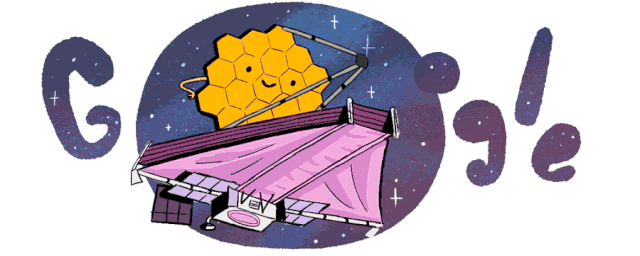
Google has posted a new Doodle, Google logo, on its home page of the James Webb Space Telescope, for it taking the deepest photo of the universe ever taken.
The James Webb Space Telescope is a space telescope designed primarily to conduct infrared astronomy. As the most powerful telescope ever launched into space, its greatly improved infrared resolution and sensitivity will allow it to view objects too old, distant, or faint for the Hubble Space Telescope, Wikipedia explained.
Google wrote “Today’s Doodle features the deepest infrared photo of the universe ever taken as well as other initial images from the JWST.”
Google’s search results page for this query also is themed up:
Google added:
A picture is worth a thousand worlds. Today’s Doodle celebrates the deepest infrared photo of the universe ever taken by NASA’s James Webb Space Telescope—also known as the JWST or Webb—a scientific phenomenon and one of the biggest engineering feats of humanity. It is the largest, most powerful, and most complex infrared telescope to ever be put into space—and the largest international space endeavor in history! Today, six months since take off, NASA released Webb’s first operational images unveiling new depths and worlds.
The JWST is named after NASA’s second administrator, James E. Webb, who led the Apollo missions that landed the first humans on the moon. The telescope was launched from the Guiana Space Center in Kourou, French Guiana on December 25, 2021 and took a month to reach its orbit at 1.5 million kilometers (940,000 miles) from Earth. The launch was made possible through the collaboration between NASA, the European Space Agency (ESA) and the Canadian Space Agency (CSA).
Thanks to images from the JWST, astronomers will now have the opportunity to study every phase of cosmic history, which spans a massive 13.5 billion years, and the mysteries beyond our galaxy. NASA aims to explore the early universe, multiple galaxies over time, the star life cycle and other worlds with Webb. The JWST will even be able to observe light from galaxies that formed 400 millions years after the big bang, and detect oxygen and organic molecules on other planets.
Long throughout history, humans have wondered, “How did we get here?” and “Are we alone in the universe?” The JWST will allow us to explore these questions and distant worlds that orbit other stars and study our solar system extensively, producing the sharpest infrared images ever taken by a space telescope. It will open the doors to more scientific breakthroughs in the future, shining a new light on space, time, and celestial bodies we’ve yet to discover.
Today’s Doodle features the deepest infrared photo of the universe ever taken as well as other initial images from the JWST. Explore them below!
Forum discussion at Twitter.
Source: www.seroundtable.com
SEARCHENGINES
Google Won’t Change The 301 Signals For Ranking & SEO
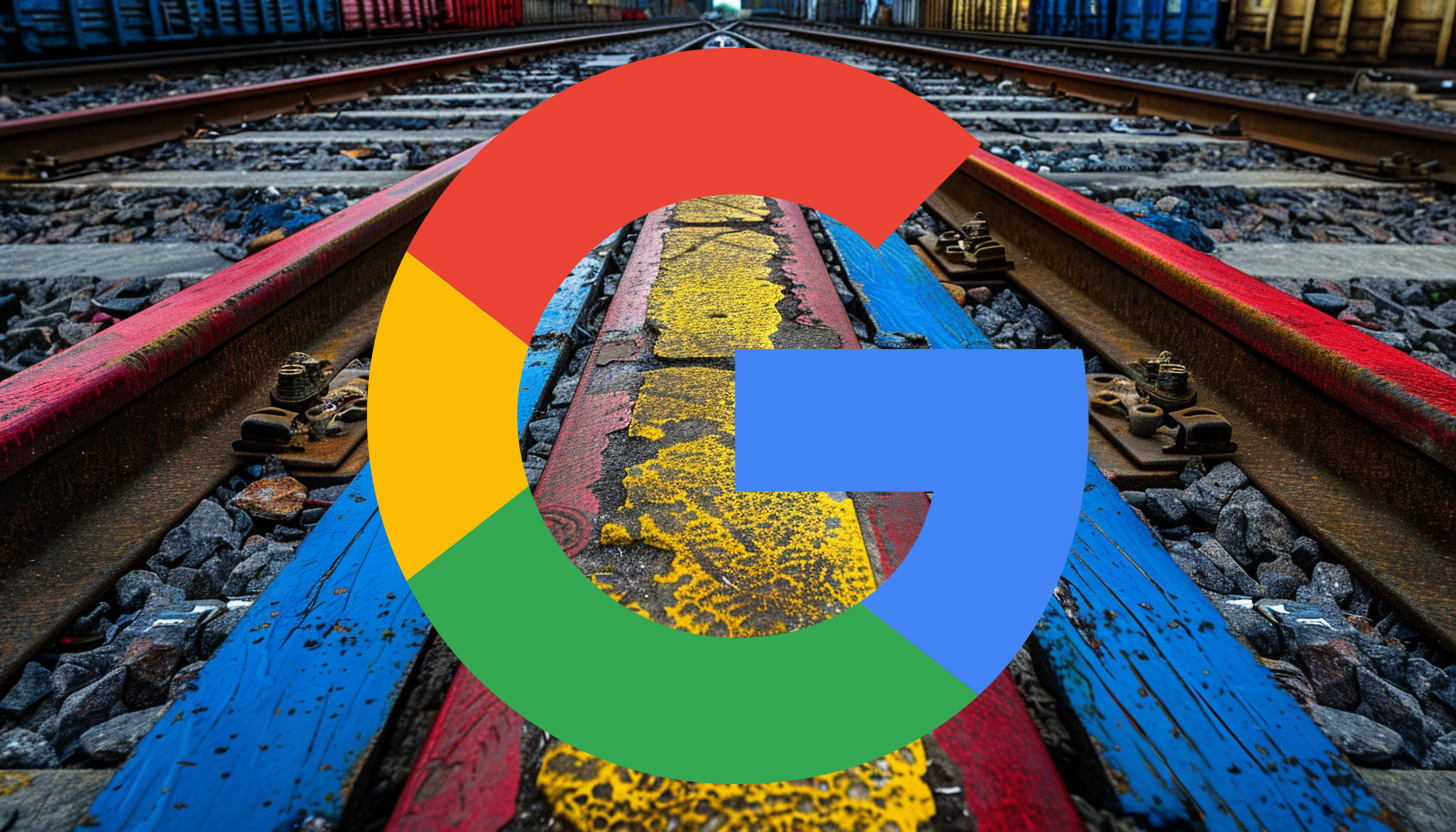
Gary Illyes from Google said on stage at the SERP conference last week that there is no way that Google would change how the 301 redirect signal works for SEO or search rankings. Gary added that it’s a very reliable signal.
Nikola Minkov quoted Gary Illyes as saying, “It is a very reliable signal, and there is no way we could change that signal,” when asked if a 301 redirect not working is a myth. Honestly, I am not sure the context of this question, as it is not clear from the post on X, but here it is:
More from @methode:
– 301 redirect not working is a myth. “It is a very reliable signal, and there is no way we could change that signal”.#SERPConf2024#SERPConf2024International— Nikola Minkov (@n_minkov) April 19, 2024
We’ve covered 301 redirects here countless times – but I never saw a myth that Google does not use 301 redirects as a signal for canonicalization or for passing signals from an old URL to the redirected URL.
Forum discussion at X.
Note: This was pre-written and scheduled to be posted today, I am currently offline for Passover.
SEARCHENGINES
Google Again Says Ignore Link Spam Especially To 404 Pages
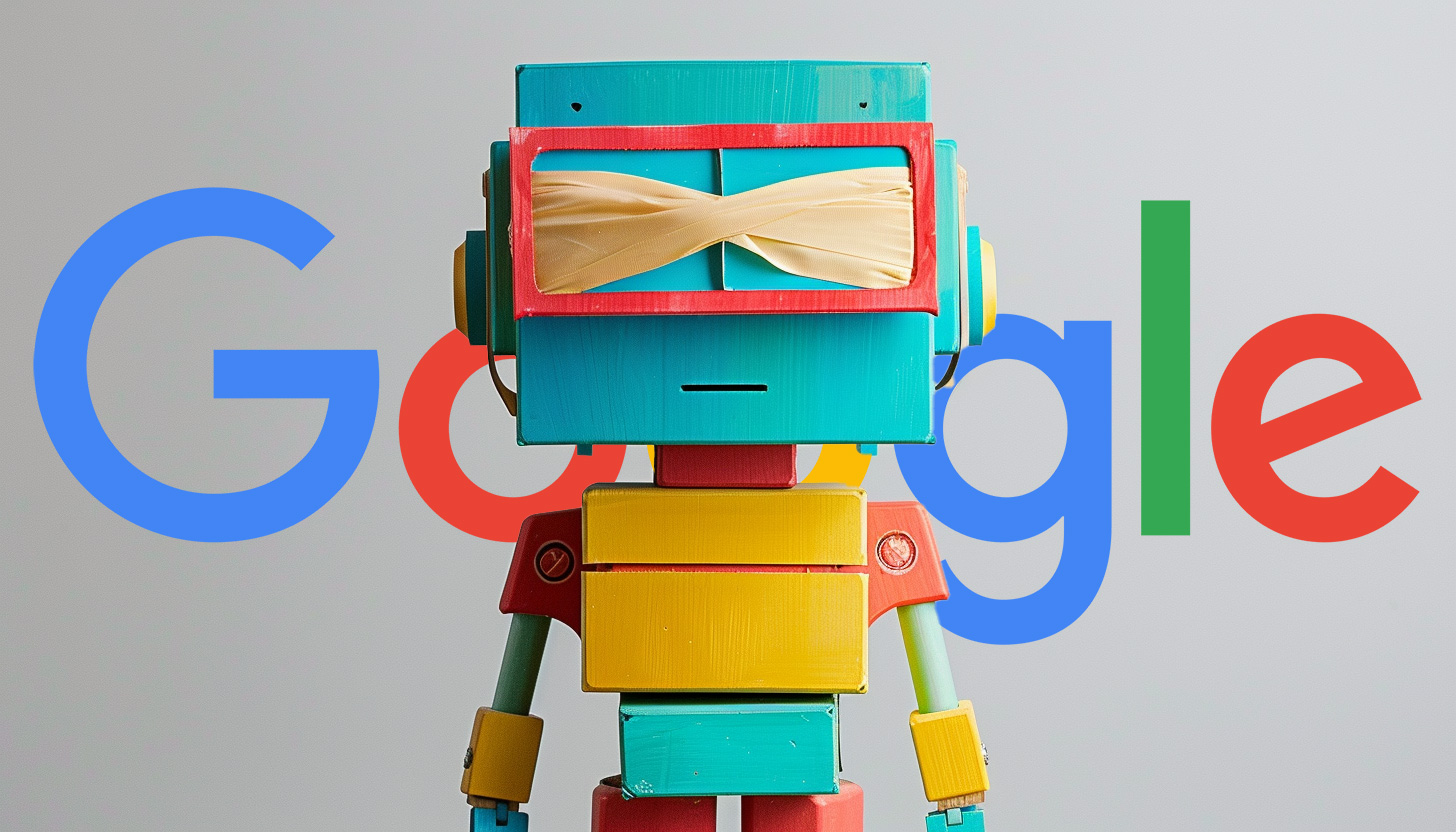
I am not sure how many times Google has said that you do not need to disavow spammy links, that you can ignore link spam attacks and that links pointing to pages that 404/410 are links that do not count – but John Mueller from Google said it again.
In a thread on X, John Mueller from Google wrote, “if the links are going to URLs that 404 on your site, they’re already dropped.” “They do nothing,” he added, “If there’s no indexable destination URL, there’s no link.”
John then added, “I’d generally ignore link-spam, and definitely ignore link-spam to 404s.”
Asking if it would hurt to disavow, after responding with the messages above, John wrote:
It will do absolutely nothing. I would take the time to rework a holistic & forward-looking strategy for the site overall instead of working on incremental tweaks (other tweaks might do something, but you probably need real change, not tweaks).
Earlier this year we had tons of SEOs notice spammy links to 404 error pages, John said ignore them. In 2021, Google said links to 404 pages do not count, Google also said that in 2012 and many other times.
Plus, outside of links to 404 pages, Google has said to ignore spammy links, time and time again – even the toxic links – ignore them. The messaging around this changed in 2016 when Penguin 4.0 was released and Google began devaluing links over demoting them.
Here are those new posts in context:
I’d say add both. Lol
— Jeremy Rivera (@JeremyRiveraSEO) April 11, 2024
Sure. But also, save yourself the work completely :-).
— John 🧀 … 🧀 (@JohnMu) April 11, 2024
Re-reading your initial post – if the links are going to URLs that 404 on your site, they’re already dropped. They do nothing. If there’s no indexable destination URL, there’s no link. I’d generally ignore link-spam, and definitely ignore link-spam to 404s.
— John 🧀 … 🧀 (@JohnMu) April 11, 2024
… but still… is this a dumb idea?
— Rebekah Edwards (@rebekah_creates) April 11, 2024
It will do absolutely nothing. I would take the time to rework a holistic & forward-looking strategy for the site overall instead of working on incremental tweaks (other tweaks might do something, but you probably need real change, not tweaks).
— John 🧀 … 🧀 (@JohnMu) April 11, 2024
And in general, Google says it ignores spammy links, so you should too (not new) but this post from John Mueller is:
I would just ignore them, Google ignores them too. Sometimes they’re just more visible in tools, but that doesn’t mean they’re a problem.
— John 🧀 … 🧀 (@JohnMu) April 18, 2024
And then also on Mastodon wrote about a similar situation, “Google has 2 decades of practice of ignoring spammy links. There’s no need to do anything for those links.”
Forum discussion at X.
Note: This was pre-written and scheduled to be posted today, I am currently offline for Passover.
SEARCHENGINES
Google Needs Very Few Links To Rank Pages; Links Are Less Important

Gary Illyes from Google spoke at the SERP Conf on Friday and he said what he said numerous times before, that Google values links a lot less today than it did in the past. He added that Google Search “needs very few links to rank pages.”
Gary reportedly said, “We need very few links to rank pages… Over the years we’ve made links less important.”
I am quoting Patrick Stox who is quoting what he heard Gary say on stage at the event. Here is Patrick’s post where Gary did a rare reply:
I shouldn’t have said that… I definitely shouldn’t have said that
— Gary 鯨理/경리 Illyes (so official, trust me) (@methode) April 19, 2024
Gary said this a year ago, also in 2022 and other times as well. We previously covered that Google said links would likely become even less important in the future. And even Matt Cutts, the former Googler, said something similar about eight years ago and the truth is, links are weighted a lot less than it was eight years ago and that trend continues. A couple of years ago, Google said links are not the most important Google search ranking factor.
Of course, many SEOs think Google lies about this.
Judith Lewis interviewed Gary Illyes at the SERP Conf this past Friday.
-

 PPC5 days ago
PPC5 days ago19 Best SEO Tools in 2024 (For Every Use Case)
-

 MARKETING7 days ago
MARKETING7 days agoStreamlining Processes for Increased Efficiency and Results
-
SEARCHENGINES7 days ago
Daily Search Forum Recap: April 17, 2024
-

 SEO7 days ago
SEO7 days agoAn In-Depth Guide And Best Practices For Mobile SEO
-
SEARCHENGINES6 days ago
Daily Search Forum Recap: April 18, 2024
-

 MARKETING6 days ago
MARKETING6 days agoEcommerce evolution: Blurring the lines between B2B and B2C
-
SEARCHENGINES5 days ago
Daily Search Forum Recap: April 19, 2024
-

 SEO6 days ago
SEO6 days ago2024 WordPress Vulnerability Report Shows Errors Sites Keep Making



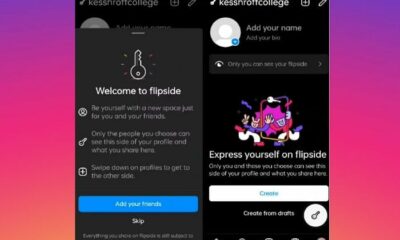

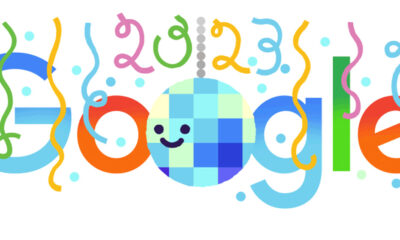



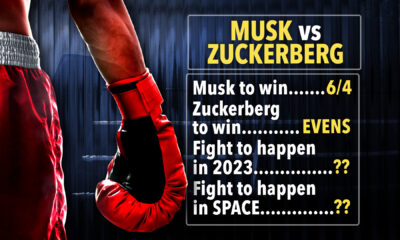

![8 Google Ads Extensions to Maximize Ad Space and Increase Click Through Rate [Infographic] 8 Google Ads Extensions to Maximize Ad Space and Increase Click Through Rate [Infographic]](https://articles.entireweb.com/wp-content/uploads/2023/05/1684134947_8-Google-Ads-Extensions-to-Maximize-Ad-Space-and-Increase-400x240.png)
![8 Google Ads Extensions to Maximize Ad Space and Increase Click Through Rate [Infographic] 8 Google Ads Extensions to Maximize Ad Space and Increase Click Through Rate [Infographic]](https://articles.entireweb.com/wp-content/uploads/2023/05/1684134947_8-Google-Ads-Extensions-to-Maximize-Ad-Space-and-Increase-80x80.png)


You must be logged in to post a comment Login